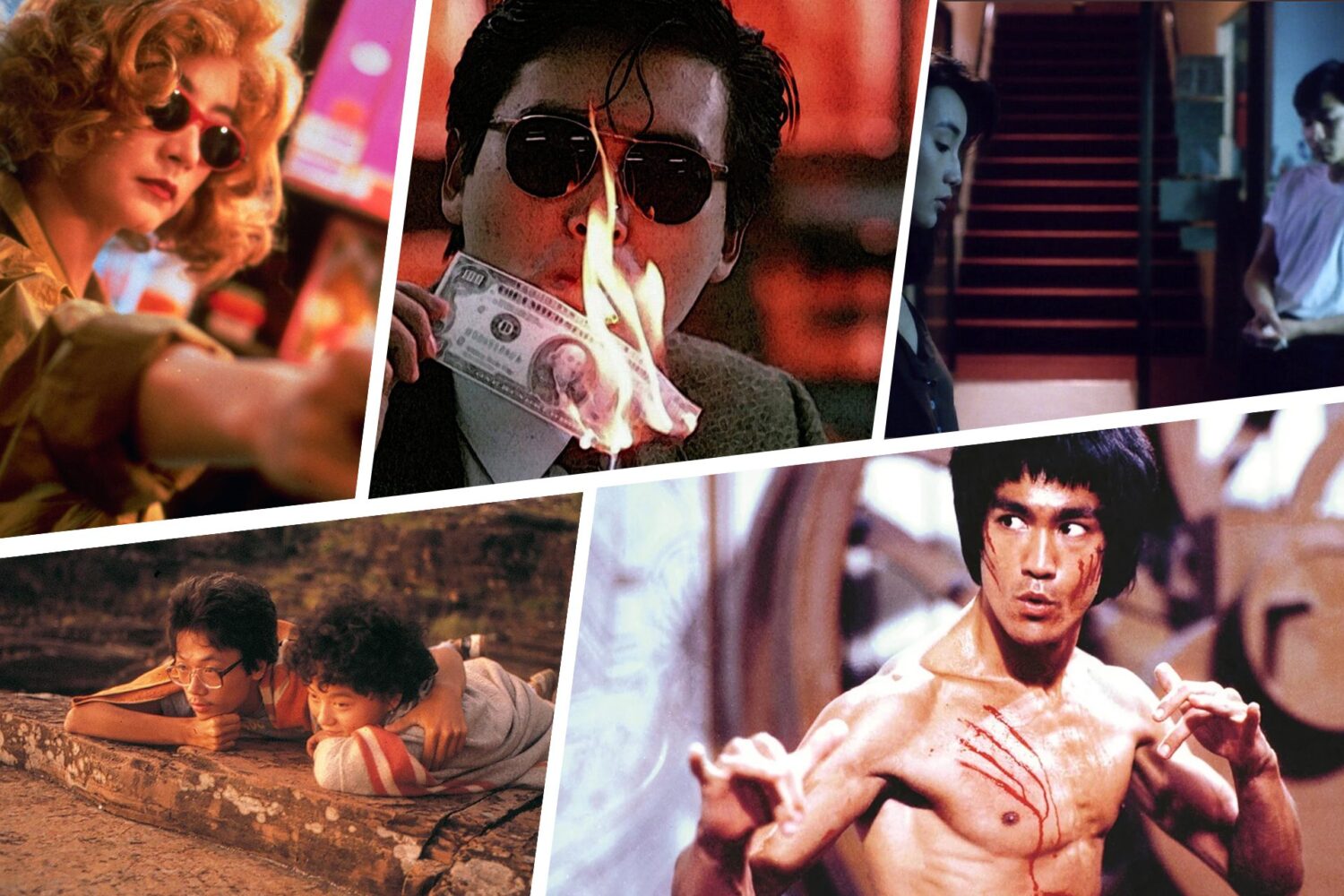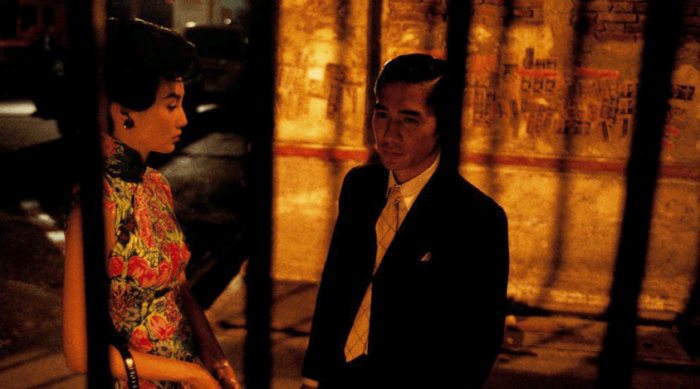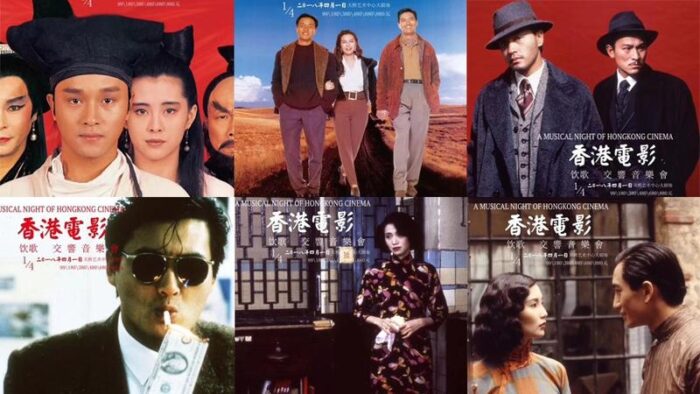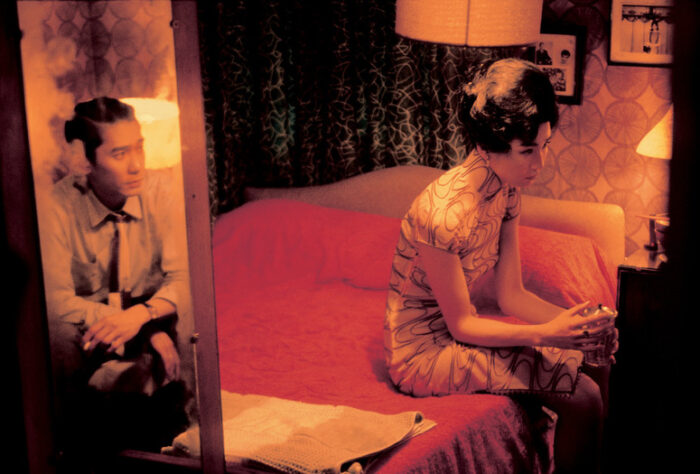
Hong Kong cinema holds a special place in the hearts of film enthusiasts around the world. Known for its unique blend of Eastern and Western influences, it has produced countless iconic movies that have left an indelible mark on the industry.
From the silent era to the modern blockbusters, Hong Kong films have captured the imagination of audiences with their dynamic action sequences, gripping storytelling, and unforgettable characters.
Origins: From the Silent Era to the Golden Age

The origins of Hong Kong cinema can be traced back to the early 1900s when the first motion pictures were introduced to the region. Initially influenced by the silent films of Hollywood and the Shanghai film industry, Hong Kong films gradually found their own voice and style.
The 1950s marked the beginning of the golden age of Hong Kong cinema, with the emergence of influential production companies and studios. During this era, films like “The Orphan” and “The Wild, Wild Rose” captured the imagination of local audiences and laid the foundation for the industry’s future success.
Pioneering Filmmakers
Directors such as Lai Man-Wai, Wu Pang, and Li Minwei played pivotal roles in establishing Hong Kong as a filmmaking hub. Lai Man-Wai’s “Zhuangzi Tests His Wife” (1913) is considered the first feature-length film and showcased the potential of local talent. These early filmmakers laid the groundwork for future generations and paved the way for the golden era of Hong Kong cinema.
Genres: Action, Martial Arts, and Crime

Hong Kong cinema has become synonymous with several distinctive genres that have captivated audiences worldwide. Action-packed films featuring intense fight sequences, breathtaking stunts, and thrilling car chases have been a hallmark of Hong Kong cinema.
Martial arts films, with legendary stars like Bruce Lee, Jackie Chan, and Jet Li, have elevated the genre to international acclaim. Additionally, crime dramas, often showcasing intricate plot twists and morally complex characters, have become synonymous with cinema, with movies like “Infernal Affairs” inspiring Hollywood remakes such as “The Departed.”
Stars of the Silver Screen
The golden era of Hong Kong cinema introduced us to a plethora of talented actors and actresses who became icons of the silver screen. From the enigmatic presence of Bruce Lee to the unparalleled charm of Leslie Cheung, these performers left an indelible mark on the industry.
Actresses like Brigitte Lin, Maggie Cheung, and Michelle Yeoh showcased their versatility and talent, captivating audiences with their performances. Their contributions to Hong Kong cinema cannot be overstated, and their work continues to inspire generations of actors and actresses today.
International Recognition

The success of China cinema transcended regional boundaries and garnered international recognition. Films like Wong Kar-wai’s “In the Mood for Love” and John Woo’s “Hard Boiled” received critical acclaim and won numerous awards at prestigious film festivals around the world.
The visual aesthetics, masterful storytelling, and emotional depth of these movies resonated with audiences worldwide, firmly establishing China cinema as a global force to be reckoned with.
Influential Directors: Visionaries Behind Greatest Films
The golden era of Hong Kong cinema was marked by the rise of visionary directors who pushed the boundaries of storytelling and filmmaking techniques. Directors like John Woo, Tsui Hark, and Ann Hui brought their unique visions to the screen, creating movies that combined breathtaking action with profound storytelling.
Their influence extended far beyond Hong Kong, inspiring filmmakers around the world and shaping the action and thriller genres for years to come.
Cultural Impact: Reflecting Society through the Silver Screen
Hong Kong cinema has always been a mirror reflecting the social, political, and cultural aspects of the region. Movies like “Infernal Affairs” explored the themes of identity and loyalty, while “Comrades: Almost a Love Story” depicted the struggles of China immigrants in the 1990s.
These films resonated with audiences because they captured the essence of the times and provided insights into the experiences of Hong Kong society.
Martial Arts Cinema
One cannot discuss Hong Kong cinema without acknowledging the immense contribution of martial arts films. The genre found its roots in Hong Kong, with stars like Bruce Lee, Jackie Chan, and Jet Li captivating audiences with their martial arts prowess and captivating performances. The blend of action, philosophy, and Eastern culture in these films helped popularize martial arts cinema worldwide, influencing filmmakers and actors in other countries.
Mixing Eastern and Western Elements
One of the defining characteristics of Hong Kong cinema is its ability to blend Eastern and Western elements seamlessly. It drew inspiration from Hollywood films, incorporating Western storytelling techniques and production values while infusing them with Eastern sensibilities. This unique fusion created a distinct style that appealed to both local and international audiences, setting Hong Kong cinema apart from other film industries.
The Rise of New Wave: Revolutionizing the Film Industry

In the late 1970s and early 1980s, a new wave of filmmakers emerged in Hong Kong, challenging traditional storytelling conventions and pushing the boundaries of cinematic artistry. Directors like Tsui Hark, Wong Kar-wai, and John Woo spearheaded this movement, introducing a fresh and innovative approach to filmmaking.
Their films showcased a more introspective and experimental style, exploring complex themes and emotions. The Hong Kong New Wave marked a turning point in the industry and solidified Hong Kong’s reputation as a center of creativity and cinematic excellence.
Legacy and Future
As we look to the future, Hong Kong cinema continues to evolve and adapt to new challenges and opportunities. Despite the changing landscape of the film industry, the legacy of the golden era remains ingrained in the hearts of filmmakers and audiences alike.
Young talents are emerging, carrying on the traditions and pushing the boundaries of China cinema in new and exciting ways. With its rich history and indomitable spirit, Hong Kong cinema is poised to continue captivating audiences around the world and leaving an enduring impact on the global film industry.
Conclusion
It is truly remarkable to be able to look back and appreciate the history of Hong Kong films. The Golden Era was a time when filmmakers were unafraid to take risks, push boundaries and create art that captivated audiences all around the world.
Despite the challenges faced since then, there are still many amazing films coming out of Hong Kong and its rich cinematic culture continues to inspire new generations of filmmakers everywhere.








